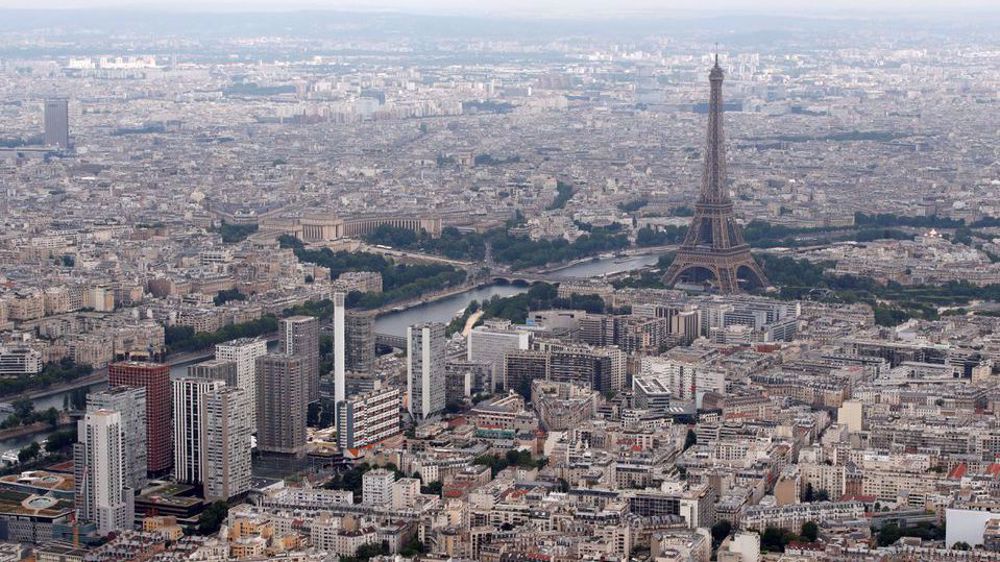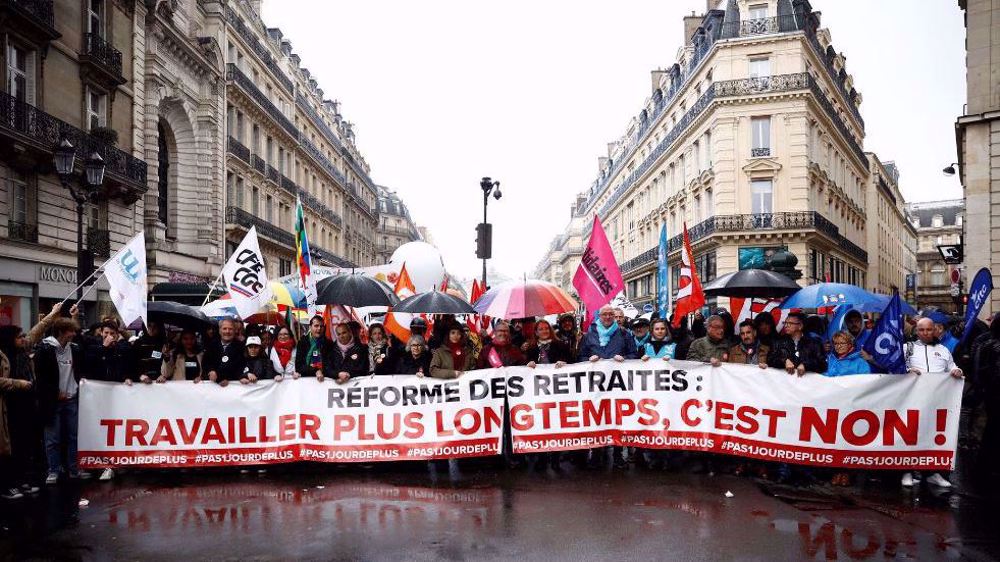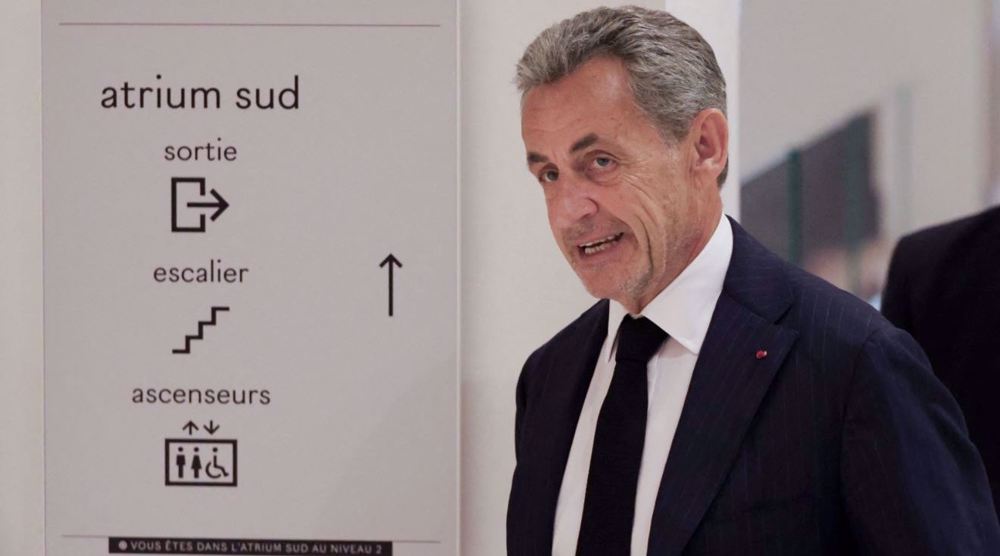Fitch downgrades French debt to AA- amid country's deepening economic crisis
The leading credit agency Fitch has downgraded France's Long-Term Foreign-Currency Issuer Default Rating (IDR) from "AA" to "AA-" due to the country's weaker fiscal metrics compared to its peers, amid France’s economic crisis.
"Public finances, and in particular the high level of government debt, are a rating weakness," Fitch said in a commentary on its rating action, adding that the country's outlook was stable.
"Political deadlock and (sometimes violent) social movements pose a risk to (President Emmanuel) Macron's reform agenda and could create pressures for a more expansionary fiscal policy or a reversal of previous reforms," Fitch added.
The commentary warned that "materially lower economic growth prospects and weakened competitiveness" could contribute to a further downgrade, as could "a large and persistent increase in government indebtedness".
In response to Fitch's commentary, French Finance Minister Bruno Le Maire said that his country will go ahead with structural reforms to overhaul its economy.
"I believe that the facts invalidate Fitch's assessment. We are able to implement structural reforms and we will continue to implement structural reforms for the country," Le Maire said in Stockholm where he is for an EU finance ministers' meeting.
France has faced massive protests due to the high cost of living, fueled by soaring inflation.
In addition, Macron’s unpopular pension reform, which increases the minimum retirement age from 62 to 64 years, has triggered a political backlash and violent protests in the last few months, while contributing to the country's economic crisis as well.
However, Macron argues that the reform is necessary to maintain France's financial credibility on international markets, while critics accuse the French president of being cut off from reality, running roughshod over public opinion and parliament while pursuing his private agenda.
Lebanon’s MPs trying to pick new president after 12 failed attempts
UNICEF: Israel killed at least 74 children in Gaza in first week of 2025
VIDEO | Nippon Steel takeover bid
IRGC unveils Rezvan suicide drone on final day of massive drill
Biden to keep Syria's HTS terror designation in place: Officials
Musk interferes in British politics
Iran urges respect for Syria’s sovereignty, formation of inclusive government
VIDEO | Syria's economy in transition: Challenges and opportunities











 This makes it easy to access the Press TV website
This makes it easy to access the Press TV website